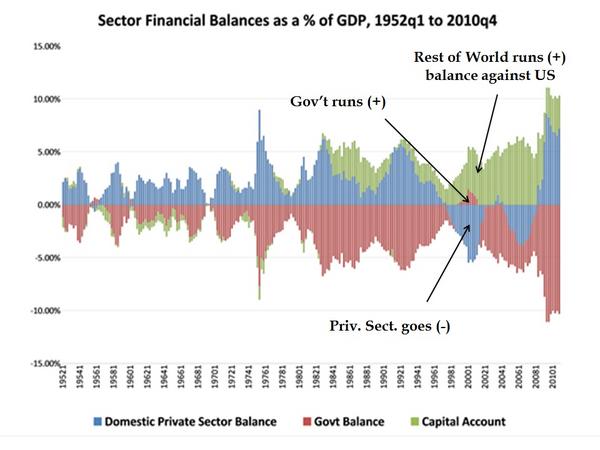bripat9643
Diamond Member
- Apr 1, 2011
- 170,169
- 47,315
- 2,180
If however China chose not to do so, the resulting devaluation of the dollar would be catastrophic for both the US economy and most of the rest of the world's economies that are tied to the dollar.
If China let the yuan float upwards in a free capitalist Republican market American goods would be a lot more competitive, world markets more efficient, and our standards of living would go up.
The idea that Chinese manipulation of the market is saving us from a catastrophe is insane.
The idea that China is doing something with its currency that every advanced industrial economy in the world isn't doing is what is insane. If the currency trades on the world market, then there is only so much the government can do. The United States does all the same things. There's nothing special about the Yaun.

